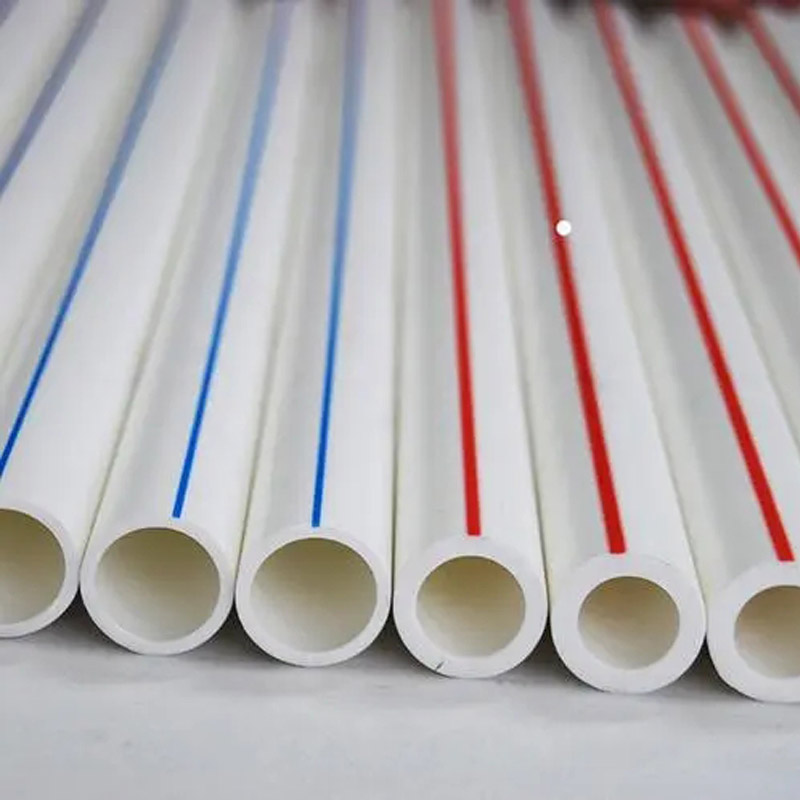Nov . 26, 2024 12:26 Back to list
Explore High-Quality HDPE Pipe Products for Your Next Project
The Growing Demand for HDPE Pipe Products
High-Density Polyethylene (HDPE) pipes have become the preferred choice for various applications in recent years due to their durability, flexibility, and cost-effectiveness. As an essential component in construction, water distribution, sewage systems, and irrigation, the demand for HDPE pipe products is on the rise. This article explores the benefits of HDPE pipes, their various applications, and the factors driving their increased adoption.
Understanding HDPE Pipes
HDPE pipes are made from high-density polyethylene, a thermoplastic made with petroleum. Known for its high strength-to-density ratio, HDPE offers superior resistance to impact, corrosion, and chemicals, making it suitable for a wide range of industrial applications. The manufacturing process of HDPE pipes involves a sophisticated technology that ensures the pipes can withstand high pressure and rugged environmental conditions.
Advantages of HDPE Pipes
1. Durability and Longevity HDPE pipes are known for their long lifespan, often exceeding 50 years when properly installed. They do not rust, rot, or corrode, making them ideal for outdoor usage where exposure to the elements is a concern.
2. Flexibility and Lightweight Unlike traditional materials such as steel or concrete, HDPE pipes are flexible and light, allowing for easier handling and installation. Their flexibility enables them to withstand ground movement without cracking, a critical advantage in areas prone to seismic activity.
3. Chemical Resistance HDPE pipes can resist a wide range of chemicals, making them suitable for various industrial applications, including chemical drainage and wastewater management.
4. Cost-Effectiveness The installation and maintenance costs of HDPE pipes are generally lower than traditional materials. Their lightweight nature leads to reduced transportation and labor costs, while their longevity minimizes long-term maintenance expenses.
5. Environmental Impact HDPE is 100% recyclable. When their lifespan is over, HDPE pipes can be recycled into other products, aligning with increasing demands for eco-friendly materials in construction and infrastructure.
Applications of HDPE Pipes
HDPE pipes have found applications in several fields
- Water Supply HDPE pipes are extensively used in municipal water distribution systems due to their resistance to corrosion and clogging. They provide a reliable source of clean drinking water and can be used for both potable water and irrigation.
buy hdpe pipe product

- Sewage Systems Their flexibility and resistance to chemicals make HDPE pipes ideal for sewerage systems. They help in transporting wastewater efficiently without the risk of leakage and contamination.
- Industrial Uses Many industries utilize HDPE pipes for transporting chemicals and raw materials due to their durability and resistance to various fluids.
- Gas Distribution HDPE is a preferred material for natural gas distribution pipes because of its toughness and reliability under pressure.
- Telecommunications With the advent of fiber optics, HDPE pipes are now used in the telecommunication sector for conduit systems, protecting cables from environmental damage.
Factors Driving Demand
Several factors contribute to the increasing demand for HDPE pipe products
1. Urbanization and Infrastructure Development Rapid urban growth requires robust infrastructure development, driving the need for durable piping systems.
2. Awareness of Environmental Sustainability The move towards sustainable construction practices has led to the increased use of eco-friendly materials, with HDPE pipelines fitting this trend perfectly.
3. Technological Advancements Innovations in manufacturing processes have improved the quality and performance of HDPE pipes, making them more appealing to contractors and engineers.
4. Regulatory Standards Government regulations requiring the use of non-corrosive and durable materials in public works have further propelled the adoption of HDPE pipes.
Conclusion
The importance of HDPE pipes in modern infrastructure cannot be overstated. Their unique properties, coupled with the increasing demand for water management solutions and sustainable construction practices, ensure that HDPE pipe products will continue to play a crucial role in the future of industrial applications. As industries adopt more efficient, durable, and eco-friendly solutions, investing in HDPE pipes is not just a choice but a necessity for making reliable and resilient infrastructure.
-
High-Quality PVC Borehole Pipes Durable & Versatile Pipe Solutions
NewsJul.08,2025
-
High-Quality PVC Perforated Pipes for Efficient Drainage Leading Manufacturers & Factories
NewsJul.08,2025
-
High-Quality PVC Borehole Pipes Durable Pipe Solutions by Leading Manufacturer
NewsJul.08,2025
-
High-Quality PVC Borehole Pipes Reliable PVC Pipe Manufacturer Solutions
NewsJul.07,2025
-
High-Quality UPVC Drain Pipes Durable HDPE & Drain Pipe Solutions
NewsJul.07,2025
-
High-Quality Conduit Pipes & HDPE Conduit Fittings Manufacturer Reliable Factory Supply
NewsJul.06,2025

